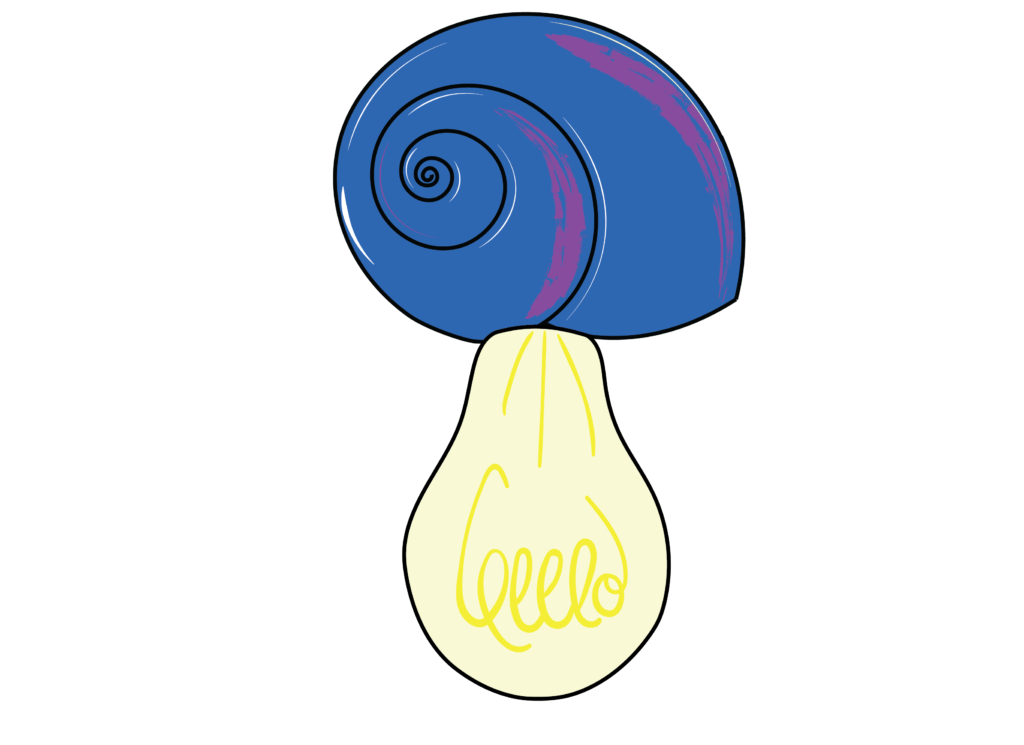
Understanding People and Behavior Change
“You don’t have [all] the answers, Sway!!” Kanye West was right, but the thing is – none of us have all the answers. Answers come by listening to those around us. Listening builds trust and rapport. Believe it or not, those two things are valuable when it comes to impacting some type of change – whether that change is getting someone to change behavior or buy a product or service. To improve relationships, here are 3 things that your customers/patients want you to know:
Customers/patients want you to know they aren’t lazy
Many of us have seen the commercial that tells people to “…get up off the couch and enroll in school!” Providers use this model too often. When a provider or business communicates, “You aren’t getting results, because you aren’t committed enough;” subsequently, the audience feels alienated. The approach fails to recognize that there are barriers that make it challenging to adopt a different way of living. For instance, a person may not eat “healthy” foods because the store closest to them doesn’t offer the recommended foods. Firstly, spend time getting to know your audience. Secondly, understand what their typical day is like. Thirdly, understand why they are, or are not, doing something. Above all, spend time helping to reduce the barriers to change, and you might be surprised at the results.
Customers/patients want you to know social media is useful
Social media offers way more than the ability to connect with others and the ability to post selfies, pictures of food and funny memes. While it may be true that it is very different from what you are accustomed to, social media is still a pretty powerful and efficient way that people receive the news and get education. For 2019, it is estimated that there are 2.7 billion social media users around the globe. With a world-wide population of 7.7 billion people, this means that 35% of the world is on social media. Certainly, you don’t want to miss the opportunity to reach this audience. It’s more beneficial to you and your audience for you to understand and learn new ways to communicate.
Customers/patients want you to know they appreciate when you care
Your patient/customer’s needs should be at the front of all your efforts – not your own personal agenda. If someone is concerned about where they are going to live, hearing about drinking the proper amount of water is likely at the bottom of the priority list. Sometimes offering the best service means providing support for things that you don’t typically do. If you give your customer a resource that can address their living situation, the next time they see you, they might be willing to hear what you have to say about drinking water, recycling or ________. If they don’t ever see you again, they might still tell somebody else about you and that thing that you do. The point is, impact is made by offering quality and humanity over “closing the deal.”
Be Human
All-in-all, being an “expert” just means that you’ve put many hours into learning about something. Living in your own humanity, and acknowledging the humanity in others, puts you in a position to where people want to consider hearing about your expertise.
Discover Resources
Click the links below for resources that can help with making meaningful connections
